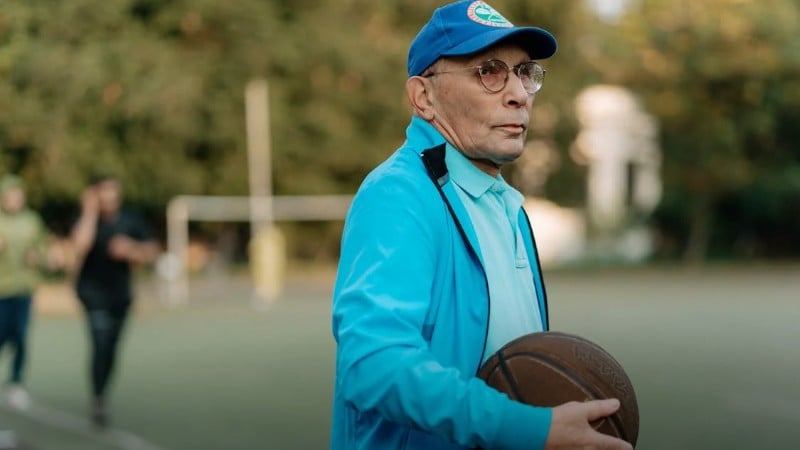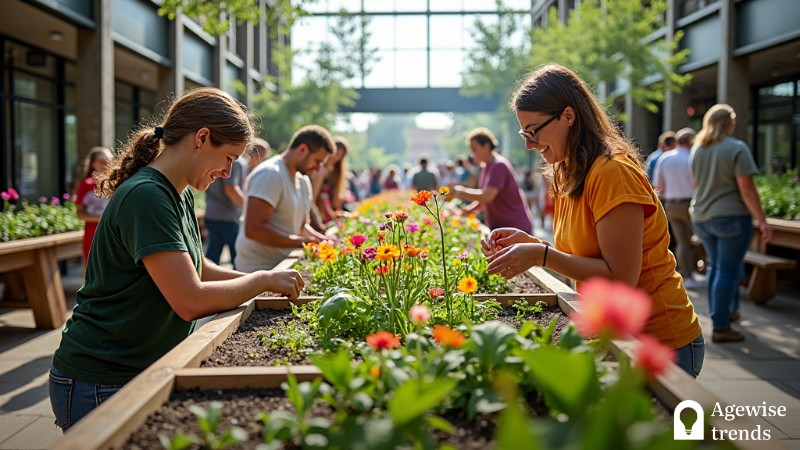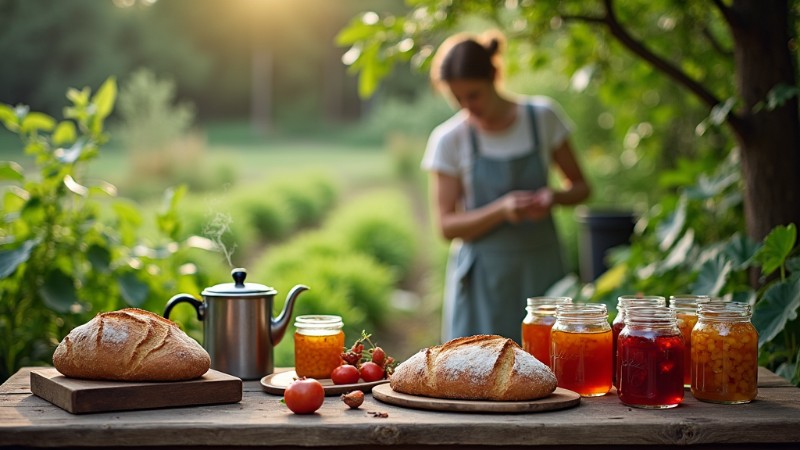Oona Varga’s journey back to roller skating is an inspiring testament to the benefits of reconnecting with a childhood pastime.
Her passion for the activity began at age 8 when a friend gifted her a secondhand pair of roller skates from Craigslist, and from the moment she laced them up, she was hooked. However, over the years, that passion faded.
Later, Varga has rediscovered her love for the sport, finding that it brings new levels of playfulness and freedom into her life.
This trend is not unique to her. Many adults are considering revisiting old hobbies or exploring new ones, driven by a desire to infuse their lives with more joy and creativity.
Key Takeaways
Rediscovering childhood hobbies can bring joy, resilience, and a sense of purpose to adults, as demonstrated by Oona Varga’s return to roller skating.
- Reconnecting with old hobbies can enhance brain function, spark creativity, and boost self-esteem.
- Identifying your play personality helps you understand your natural play style, making it easier to choose activities that truly engage you.
- Participating in playful activities can offset the sedentary habits common in modern life, promoting both physical and mental health.
The concept of play personalities
Dr. Stuart Brown, a pioneering psychiatrist, introduced the idea of play personalities to help individuals recognize their natural play styles, which range from directors and storytellers to explorers and creators.
Each play personality offers distinct benefits, aligning with different preferences and strengths, making it easier for adults to find activities that truly resonate with them.
For example, those who thrive on planning and organization may find fulfillment in directing events, while individuals drawn to movement and hands-on experiences may gravitate toward sports or gardening.
Benefits of revisiting childhood hobbies
According to Dr. Ramani Durvasula, a professional psychologist, participating in favorite pastimes from childhood can be a beneficial way to cope with daily stress.
These activities can be particularly beneficial in times of transition and adversity, offering a sense of stability and purpose.
For instance, a 2021 survey of 500 U.S. participants during the second wave of the COVID-19 pandemic revealed that individuals with a strong sense of playfulness remained optimistic, coped better, and enjoyed activities more despite facing the same pandemic-related fears as others.
Moreover, hobbies that involve hands-on interests like arts and crafts, gardening, or sports can enhance cognitive function and foster a sense of efficacy, encouraging individuals to take creative risks in other areas of their lives.
Whether it’s knitting, painting, or gardening, these pursuits provide a tangible sense of accomplishment that boosts self-esteem and resilience.
Dr. Durvasula notes that the emotional depth associated with childhood memories adds a layer of meaning to these hobbies, making them more than just pastimes.
How hobbies support brain health
Reconnecting with old passions can be a powerful way to counteract the sedentary and screen-filled nature of modern life, promoting physical and mental well-being.
For instance, gardening can provide a serene escape, allowing older adults to connect with nature and experience the rewards of nurturing plants and flowers.
Engaging in hobbies can also stimulate the brain, opening new neural pathways and connections, as highlighted in a recent study published in Frontiers in Psychology.
This brain nourishment is crucial for maintaining cognitive function and emotional stability, especially as people age.
The study found that adults who engage in playful activities are generally more positive about the future and better equipped to handle life’s challenges.
Enriching life through group activities
For seniors, hobbies offer a structured and fulfilling way to spend time, creating opportunities for social engagement, physical movement, and personal development.
Whether it’s joining a local gardening club, taking a painting class, or starting a book group, these pursuits can add meaning and enjoyment to everyday routines.
Volunteering at a community garden or local arts center provides another rewarding outlet, allowing mature individuals to give back while engaging in activities that bring both joy and purpose.
Many adults hesitate to embrace playful interests, fearing they may seem childish, but Dr. Stuart Brown emphasizes the importance of valuing play over productivity.
Letting go of societal expectations and fully embracing leisure can be a liberating experience, helping mature individuals reconnect with their inner child and appreciate life’s simple pleasures.
Conclusion
Reconnecting with childhood hobbies allows older individuals to rediscover the joy and freedom these activities once provided, cultivating a more positive outlook on life.
Whether it’s tending to a garden, or bringing a painting to life, these pastimes offer comfort and resilience, providing a renewed sense of playfulness while navigating life’s challenges.
The next time a longing for the simplicity and joy of childhood arises, revisiting an old hobby or exploring a new one can be a meaningful way to embrace that feeling.
With the right mindset, these activities can bring immense satisfaction and a renewed sense of purpose. As Varga’s story demonstrates, it is never too late to reclaim the happiness and freedom once found in favorite pastimes.
Embracing a playful spirit can lead to a more fulfilling and resilient life, reinforcing the idea that play is not just for children but for everyone, regardless of age.
By prioritizing play and creativity, older adults can cultivate a more vibrant and joyful existence, enriched by the simple pleasures of engaging in beloved hobbies.















